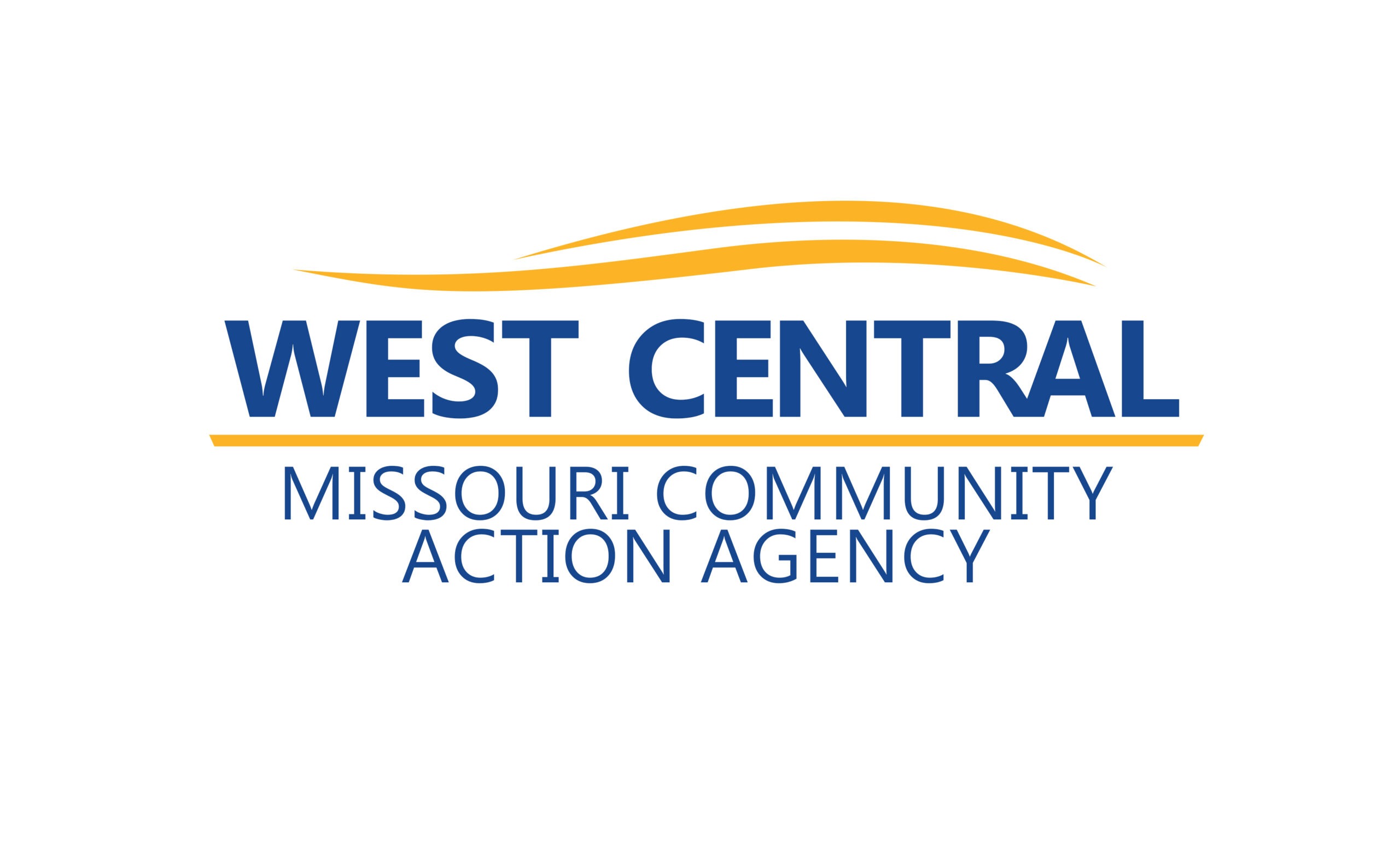What it is
The Transitions Services program allows resources and guidance to be available to individuals and families who are experiencing a housing crisis and who otherwise may not be able to self-resolve. With Transitions Services there is assistance to households both in achieving short to medium term stabilization, as well as guidance in achieving their goal of more permanent stability. The program also sets measurable goals laid out by our Agency’s strategic plan to track progress, outcomes, and trends, using this information to improve how we deliver services.
West Central currently fulfills a role as a regional access point for the Missouri Coordinated Entry System and participates in the annual statewide Point in Time Count (PITC) which entails going out into the community one night of the year and completing a census of unsheltered persons who report as literally homeless. During 2020, the PITC was postponed due to the COVID-19 pandemic. But that did not stop the need presented by displaced individuals, many of whom got help.
Emergency Solutions Grant
“Time is a critical factor for people experiencing a housing crisis” – Austin Martin, Transitions Services Coordinator
The Emergency Solutions Grant (ESG) is a federal grant program designed to provide emergency assistance to persons who are currently homeless, very low-income persons at imminent risk of homelessness, and those persons who are fleeing domestic violence. ESG funds are intended to be used as part of a crisis response system using a low barrier, housing-focused approach to ensure that homelessness is rare, brief, and non-recurring. ESG operates in accordance with the Housing First policy. This approach enables our clients to have quick access to housing services without prerequisites or conditions beyond meeting program eligibility criteria.
Program in Action; Rapid Transitions Program Saves Lives
The before
Dorothy Andrade, a caregiver of two young grandchildren, and a now resident of Belton, Missouri is a survivor through and through. In 2017, Dorothy and her grandchildren experienced a break in that turned into an attack and an attempted kidnap of her now 11- and 13-year-old grandchildren. Dorothy and her grandchildren had bounced around from hotel to hotel attempting to seek adequate shelter. When COVID-19 hit, it exacerbated her situation, leaving her and the children literally homeless. Dorothy sought shelters, but the limited shelters in her location were all full. Dorothy searched for any shelter, but she did not have a way to put down a first and last deposit, especially when COVID had skyrocketed the price of rent. She was put on a waitlist, with documentation that required fifty pages just for the application process. With no extended family, Dorothy had a limited safety net and support network and was not sure where to turn to.
The transition
Dorothy, who had no home or place to go to, came to a food pantry to seek assistance, and that is when the transition began. She was linked to a Salvation Army in the area, and they were able to provide Dorothy and the children a hotel voucher to provide temporary assistance. In July, the Salvation Army had connected Dorothy to West Central and the search for a new home began.
The basics are met
Through West Central’s Rapid Rehousing program, and Austin Martin the transitions coordinator, they were able to help Dorothy and her family find temporary stability.
“Austin has been awesome through this whole process”, Dorothy said, “they have walked us through every step of it….they saved our lives in so many ways”
The Rapid Rehousing program works to provide an opportunity for individuals and families that are literally or imminently homeless apply for temporary aid in the form of rental assistance or rental and utility deposits. “When I first started the program about a year ago, initially they helped pay our rent. I had been given an opportunity to getting life back and getting back on my feet. ” – Dorothy. Overtime, Dorothy has begun contributing towards her housing and is actively engaged in working towards receiving permanent housing.
But it does not stop there.
The transitions program recognizes that many times people with housing needs may also have other needs that are not being met as well. This means taking a comprehensive approach that goes beyond providing rental assistance, and helps clients achieve self-sufficiency by focusing on stability goals, offering case management, and connecting people to local resources.
The staff and program have worked with Dorothy to ensure other essential needs are being met and that she has everything she needs. They have assisted her not only with housing, but with food assistance, health services, and services for her grandchildren.
“They meet you where you are. First, things like food and shelter were met. The rest comes along the way. They have provided me with so much, especially a sense of security. They find solutions that work.”
The After
With the care from West Central and the hard work Dorothy has put in, she and her two grandchildren are now living in a home they love. Additionally, the home is located right next to a playground for the children to play with no worries anymore. It now provides Dorothy and her family a sense of community, and most importantly, a sense of care and security.
“We have everything that we need, and it has made a huge difference. I really cannot thank West Central enough”.
